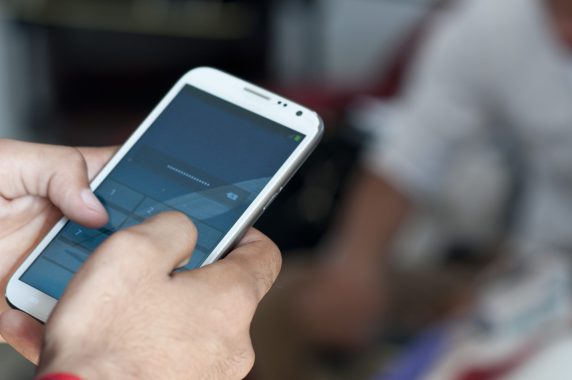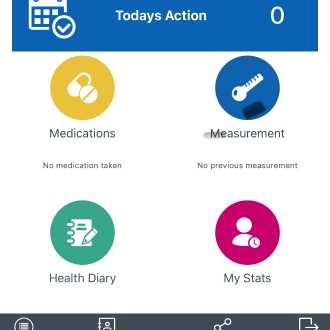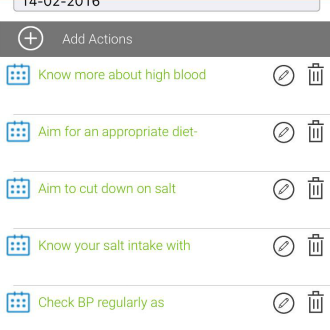How an app improved our patients’ hypertension control

The problem
We are a three-partner practice in an inner town area, with a list size of 4,500.
We were struggling to achieve optimal blood pressure control in our patients with diabetes and/or hypertension, limiting our QOF performance.
In particular, we recognised we had a small cohort of middle aged working men who were not attending annual reviews, possibly owing to their working hours.
What we did
We had previously used an SMS service to improve DNA and chronic disease recall. As a logical evolution we were looking at a suitable app to deliver customised, personalised care plans to patients with chronic diseases, starting with the most prevalent ones such as hypertension.

After a chance discussion with the founder of a software development company – called Health Fabric – at a medical meeting, we were offered an app for testing.
We set the service up by sending an SMS to all patients age group 40 and over with uncomplicated hypertension. Out of the 145 patients we texted, 28 people signed up to try out using the app.
Patients followed a care plan on the app, which advised them about hypertension, diet, including salt restriction in particular, weight control and need for periodic blood pressure checks.
Some checked their blood pressure themselves, in which case they could borrow practice equipment, but most attended for an appointment with a nurse or healthcare assistant for QOF purposes.
Challenges
Initially I had to set up the care plans in the Health Fabric app. We also had to do some trouble-shooting of IT issues for a few patients. Most patients were happy to explore the app’s features themselves; one patient needed some hand holding to use the app, although he was very motivated.
Results
Of the initial 28 patients who signed up, only four had well controlled blood pressure. After six months of using their customised hypertension plans, all 28 patients were well controlled (blood pressure <150/90 mmHg) and after one year, 24 out of 28 were still well controlled.

Patients who used the app reported to us that they felt positive about it and found it easy to use. One patient lost a significant amount of weight – over 25kg – and was able to stop two antihypertensive drugs, after discussion with the cardiologist.
Although there are concerns that self-monitoring can make patients anxious and overuse health services as a result, we did not experience this in any of our patients.
Clearly this was not a blinded study and the patients were a self-selected cohort; part of our success may also be down to the ‘novelty factor’. We would need a large-scale, double blinded study to confirm the benefits apply more widely.
However, we are very encouraged by the initial results and believe it could also help us to improve our QOF performance on blood pressures and reduce exception reporting in future.
The future
We are continuing to use the app with our patients with uncomplicated hypertension and intend to expand it to those with diabetes and hypertension. We are also considering adopting apps specifically for asthma.
I would definitely recommend other practices consider using an app from the NHS app store for chronic diseases such as hypertension, COPD, and diabetes – particularly if they struggle to get some patients to engage with review appointments.
There are also other situations where apps can be useful, such as contraception, where we found patients using an app to track their pill usage were able to reduce missed pills, and get advice regarding situations such as associated diarrhoea or missed pill rules without contacting the surgery.
Dr Paul Joshi is a GP in Tamworth
Visit Pulse Reference for details on 140 symptoms, including easily searchable symptoms and categories, offering you a free platform to check symptoms and receive potential diagnoses during consultations.









